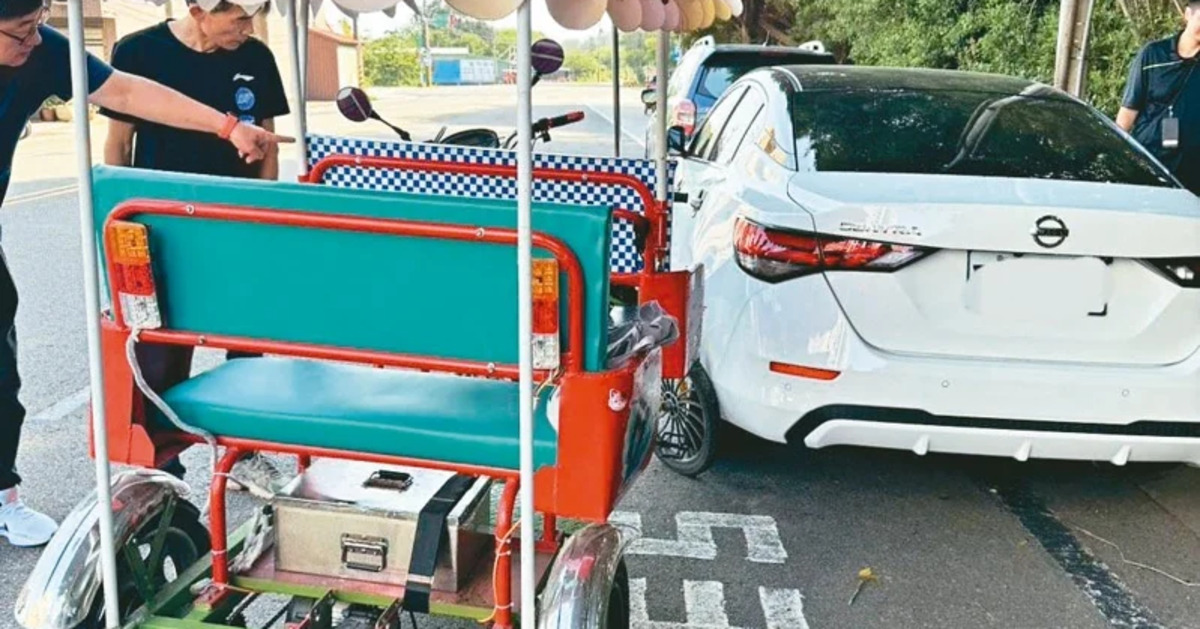TAIPEI — A surge in accidents involving assembled electric bicycles near tourist areas and bike trails has raised alarm among lawmakers and safety advocates, especially as many operators lack insurance and the vehicles fall into a legal gray area.
During a press conference on Thursday, legislators urged the Ministry of Transportation and Communications (MOTC) to take immediate action by drafting unified national regulations. In response, the ministry said it would consult with local governments over the next two months to evaluate the need for standardized rules across the country.
Growing Safety Concerns Amid Bicycle Tourism Boom
As bicycle tourism gains popularity in Taiwan, more rental companies have started offering assembled electric bikes to tourists. However, this rapid growth has led to a rise in serious accidents.
One notable incident occurred in January 2023 when a fatal crash involving an assembled electric vehicle happened on Brown Avenue in Chihshang, Taitung. In April 2024, tourists were injured in another e-bike accident at Nanliao Fishing Port in Hsinchu City, only to find that the rental operator had no insurance, leaving them with no way to seek compensation.
Accidents on the Rise, Legal Oversight Still Lacking
According to MOTC data, 2,325 electric-assisted bicycle accidents occurred in 2024, resulting in 24 deaths and 2,080 injuries. This marks a steady increase from previous years:
-
2,184 cases in 2023 (18 deaths)
-
1,765 cases in 2022 (16 deaths)
-
1,059 cases in 2021 (9 deaths)
However, the MOTC noted that assembled e-bikes are not separately tracked, and are lumped into the category of “other slow vehicles,” making it difficult to assess the full scope of the problem.
Statistics from the National Police Agency between 2012 and 2015 revealed several key causes of slow-vehicle-related accidents, including:
-
Failure to pay attention to road conditions (18.98%)
-
Failure to yield (13.5%)
-
Incorrect left turns (8.39%)
-
Distracted or nervous driving (7.84%)
Additional violations involved improper parking, failure to follow traffic signals, drunk driving, and lack of a proper license.
Lawmakers Push for Clarity and Accountability
Legislator Lee Kun-cheng criticized the current lack of regulation, pointing out that assembled e-bikes are vaguely categorized under Article 69 of the Road Traffic Management Penalty Act. Most local governments have yet to enact autonomous regulations, making enforcement inconsistent and allowing unsafe operations to continue unchecked.
Lee noted that in the absence of legal definitions and a management framework, rental operators are not required to obtain business licenses or provide insurance. As a result, when accidents occur, injured tourists must shoulder the medical and compensation costs themselves.
He called on the MOTC to revise Article 69 and create clear classifications for transportation modes such as “slow vehicles,” and to establish nationwide policies covering vehicle inspection, registration, mandatory insurance, standard rental contracts, and rider safety education.
Local Rules Inconsistent, Fines Minimal
Legislator Lin Yueqin echoed these concerns, saying the lack of authorization to create enforceable national rules has left police unsure whether to apply Article 32-1 or Article 69 in enforcement. In counties with autonomous rules, violators face a minimal fine of NT$300. In regions without such regulations, there is no legal tool to address illegal operations at all.
MOTC to Evaluate and Support Local Governments
In response, Hu Diqi, Deputy Director of the MOTC’s Public Transportation and Supervision Department, said that only six counties and cities — Kaohsiung, Yilan, Taitung, Changhua, Pingtung, and Kinmen — have implemented autonomous rules for slow vehicles.
Hu said the MOTC will consult with local governments over the next two months to assess whether there is a need for national-level guidelines. He emphasized that the ministry is ready to provide support if such rules are needed.
As the popularity of electric-assisted bicycles continues to grow, both public safety and consumer protection demand swift and coordinated action from national and local authorities.



